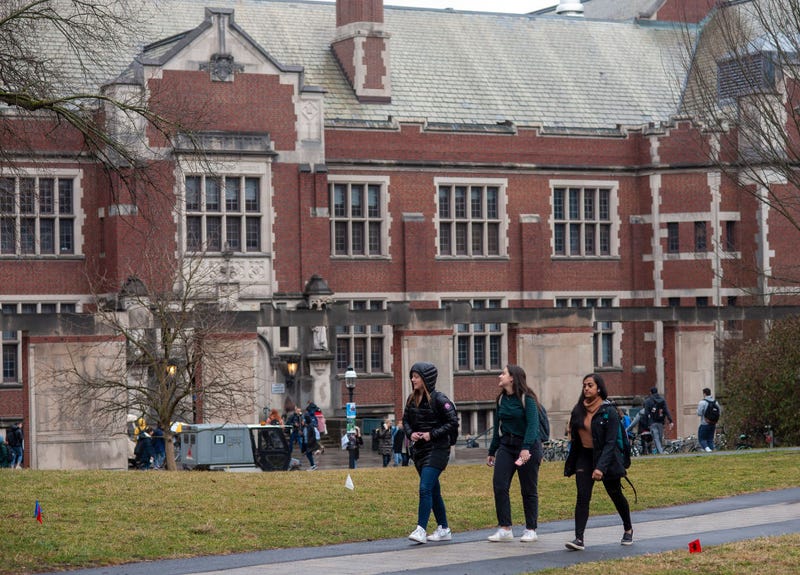
Princeton University – an Ivy League college ranked the top higher education institution in the nation by U.S. News & World Report – announced Thursday that most students from families making up to $100,000 per year would be able to attend for free in the future.
For the 2022-2023 school year, tuition at Princeton is $57,410. According to the U.S. Census Bureau, the median household income in New Jersey, where the school is located is around $85,000. In neighboring Pennsylvania, it is lower at around $64,000.
In a press release the school said it will “enhance its groundbreaking financial aid program,” starting next fall not just to provide free tuition, but to offer additional aid even for students from families making more than $100,000.
Currently, the cut off for free tuition as well as room and board is $65,000 income level. With the new policy, more than 25% of Princeton’s students are expected to attend tuition-free.
Families contributions start at $12,500 for families making $150,000 per year and go up to $50,000 for families making $300,000 per year.
“One of Princeton’s defining values is our commitment to ensure that talented students from all backgrounds can not only afford a Princeton education but can flourish on our campus and in the world beyond it,” said President Christopher L. Eisgruber regarding the new financial aid program. “These improvements to our aid packages, made possible by the sustained generosity of our alumni and friends, will enhance the experiences of students during their time at Princeton and their choices and impact after they graduate.”
With the new program, Princeton aims to attract talented students from all backgrounds, the university press release said.
“The improvements continue Princeton’s national leadership in the area of financial aid as families across the income spectrum struggle with rising college costs,” it said. “In 2001, Princeton was the first university in the country to eliminate loans from its financial aid packages.”
Over the past 21 years, more than 10,000 undergraduates have benefited from the university’s aid program, which instead utilizes grants that do not need to be repaid.
Going forward, a $3,500 student contribution typically earned through summer savings and campus work will also be eliminated.
“The elimination of the student contribution will provide more opportunities for students to study abroad and to pursue other curricular and co-curricular activities during the summer and academic year,” according to Princeton. Additionally, financial aid calculations will be simplified so families can compute expenses easier.
More information is available here.


